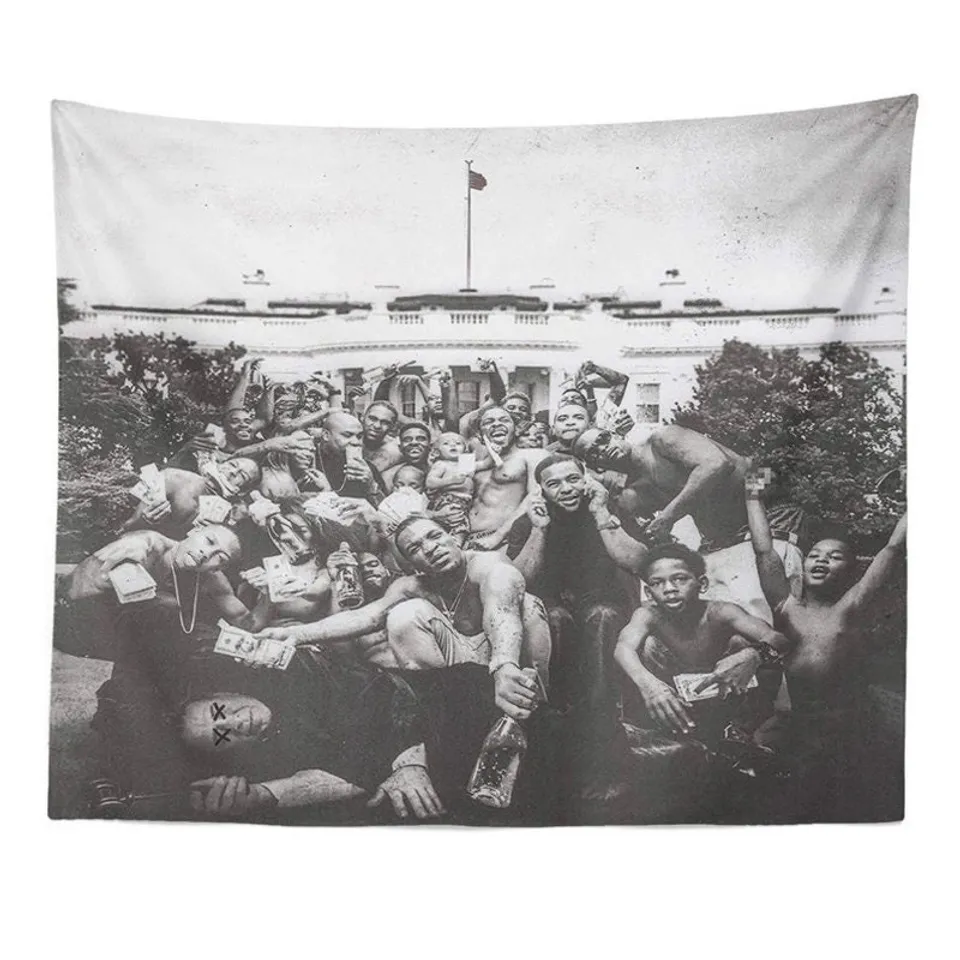Kevin Moye | Staff Writer
Two years after the disastrous 2016 elections, America at-large is still reeling from the effects of that election. The far-right, prejudiced politics have eschewed in a familiar type of politicking across the country. It is the politics of overt racism that we have not quite seen since the 1960s.
This frightening style of politics is something that can be witnessed all over the country in all types of races. In Florida, we saw racist dog whistling on the gubernatorial level with now the elected governor, Ron DeSantis, saying that voters should not elect his opponent, Andrew Gillum, for they “monkey this up” in Florida.
While some viewed this as a harmless euphemism, many took this comment as nothing more than an attempt to subtly attack Gillum based on his race.
More recently, news outlets have found that the incumbent senator of Mississippi, Cindy Hyde-Smith, has unsavory ties to the Confederacy. This comes after the senator made a “joke” about being willing to attend a “public hanging” if one of her supporters invited her to one.
What is most troubling about these politicians is that both of them won their respective races despite using such abhorrent rhetoric on their campaign trails.
One of the most striking examples of racism seen during the election cycle was the circulation of political advertisements that played on the xenophobia and racism of the American public.
What has become known as the “caravan ad” depicted Hispanic immigrants that come to our southern border as lawless, dangerous criminals that must be kept out of the country at all costs. The ad attempted to compare immigrants to a murderous undocumented immigrant, Luis Bracamontes. It gained nationwide visibility after the President retweeted the advertisement to his following of 56 million people.
Perhaps the most alarming example is the one that hits the most at home. Earlier this year, a candidate for the North Carolina General Assembly, Russell Walker, made headlines as a result of him vocalizing his incendiary ideology. Walker’s website questioned why it was wrong to be a white supremacist because “God is a racist and a white supremacist.”
What makes these types of politicians so frightening is the fact that these people were supported by significant portions of their respective constituencies. Even worse, some candidates still managed to win their races after running on such a repugnant platform. The backing behind these politicians shows us that these types of mindsets are not just fringe ideologies; they are ideologies rooted in mainstream American political thought.
Even though Walker was defeated in his bid for the General Assembly, Walker still won his primary by a margin of about 65% of the vote. In the general election, Walker managed to pull about 36% of the vote which comprised around 8,000 people. It is difficult to feel comforted by the results of our midterm elections when 8,000 people in one district alone voted for a white supremacist to be their representative.
Already we can witness the policy manifestations of this era of racist politics playing out within our country. In our state’s midterm election, this toxic ideology was put on full display with the addition of voter ID laws being placed into our state constitution after being put to vote on the ballot. Voter ID laws are broadly considered to be racist and discriminatory by policy experts including a federal circuit panel of judges.
With racist elected officials now being so emboldened, voter ID laws may be just the beginning of the discriminatory policy that we see take place. Though many law experts are calling it unfeasible, President Trump’s proposal to get rid of birthright citizenship is the kind of policy proposals we will see in this age of overtly racist policy.
If the message wasn’t clear before, it certainly is now: racism is back on the menu for political campaigns. We must continue to fight against this regression in our politics, or else policies such as voter ID laws and birthright citizenships restrictions will only become more normalized.













